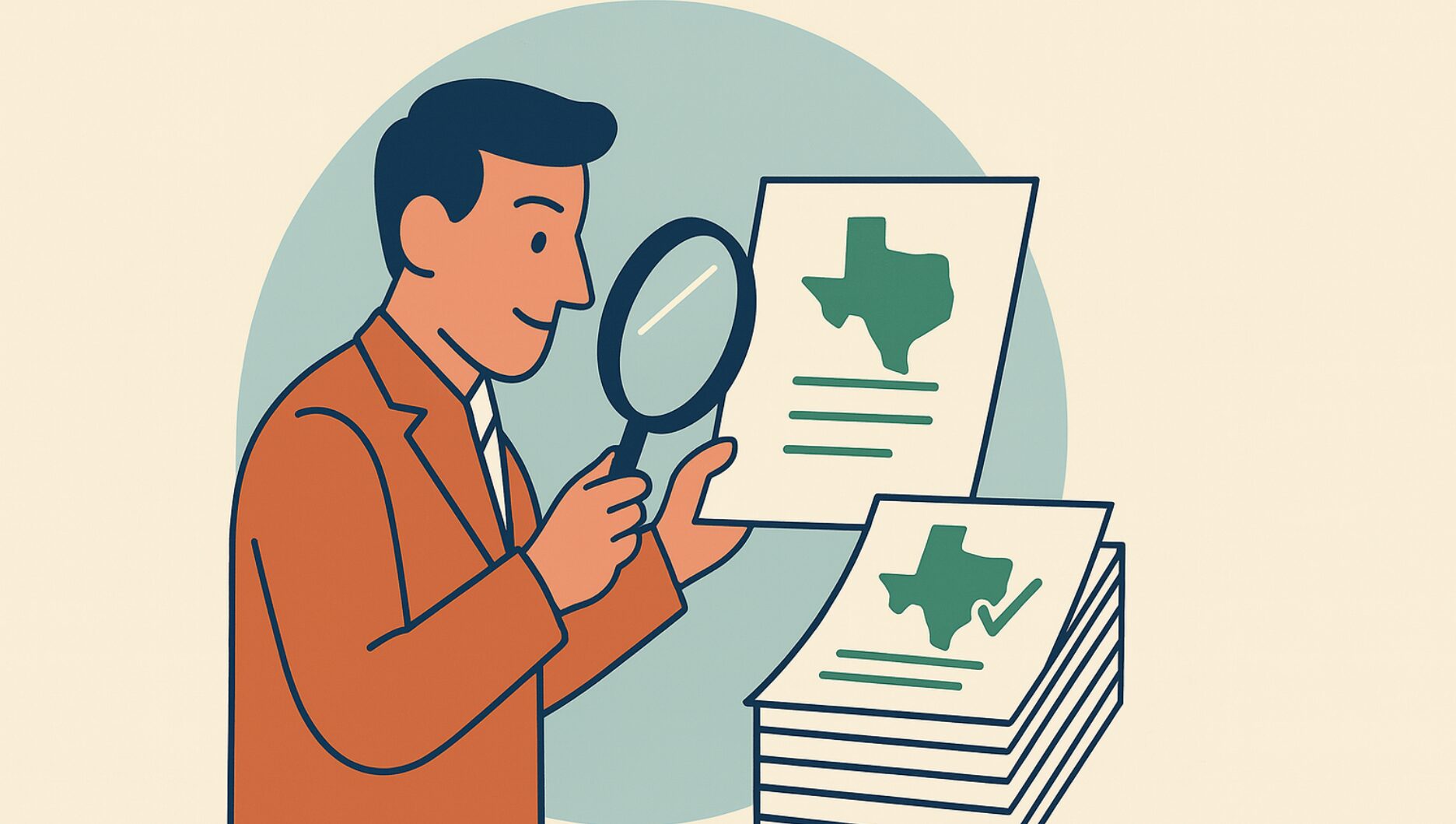Today is Labor Day in the United States, and for those who are celebrating, resting, or firing up the grill, it is appropriate that we revisit the origins of this national holiday, and examine the state of human labor in America today.
Origins
Labor Day has its origins in the late 19th century, as different trade unions and labor movements began pushing for a day to be set aside to rightly recognize and celebrate the working class’s contributions to America.
Some of these groups and movements had associations with the radical Marxist and communist movements of the same century, born out of the radical thought of men like Hegel, Hess, Marx, and Engels. Men who were at the tip of the spear in launching fantastical ideas of “Utopian Socialism” into the market of ideas.
As a result, 19th and 20th-century communism twisted the human person and their daily work: focusing on a radical leveling of human society, proponents sought the overthrow of nations, the family, traditions, and for the “abolition of private property,” replacing it with centralized state control and common ownership (a.k.a. state ownership) of the means of production and property in order to achieve a human existence focused solely on the material.
Many of these groups advocated for the recognition of May 1st or “May Day” as “International Workers’ Day.” To (wisely) avoid association with these communist movements, Congress passed a law in 1894, signed by President Grover Cleveland, officially designating the first Monday in September as the Federal holiday of Labor Day.
Today
Fast forward nearly one hundred and thirty years, many of the ideas promoted by Marxists, and which were valiantly resisted for decades, have either persisted or slowly (and deceptively) crept into public policy, although perhaps not with the same name or purpose. Marx’s 1848 manifesto advocated for much of the policies that we find enacted in America today:
The abolition of all private property (unaffordable home prices and unbearable property taxes, like those found in Texas, that act as perpetual rent to the government); abolition of the right of inheritance (inheritance and wealth taxes); large income tax (progressive federal income taxes); a central bank in the hands of the state with a complete monopoly on the money supply (the federal reserve thoroughly fills this role); the centralization of communication (federal or state control of the media or large social media companies like Facebook); transportation (restrictions on freedom of movement like that seen during covid-19 lockdowns); centralized control of factories and industry (endless government regulations, occupational licensing, corporate welfare, etc.) the combination of agriculture with industry (factory and industrial farming, concentrated food production in the hands of a few major corporations under tight government regulations, and the destruction of family farms) and free, public education for all (government controlled schools and unconstitutional student loan forgiveness).
The Value of Human Labor
Yet, these communist policies, detrimental to the American worker and to real human flourishing, continue to be slipped into public policy with barely a whimper of resistance from those who claim to support the freedom and value of the working man and his labor.
The factory worker, the farmer, the rancher, the logger, the oil worker, the trucker, the railroad engineer, the construction worker, the electrician, the plumber, the land surveyor, the carpenter, the roofer and painter: These are the people that built America and strive to build America today.
It is critical, therefore, to observe Labor Day with the sober realization that human labor which is free and fruitful is being crushed by the ever-tightening jaws of the modern state.
So perhaps, if we may be so bold, for the sake of workers, their families, and our nation, we should consider rescuing it?
Texans for Fiscal Responsibility relies on the support of private donors across the Lone Star State in order to promote fiscal responsibility and pro-taxpayer government in Texas. Please consider supporting our efforts! Thank you!
Get The Fiscal Note, our free weekly roll-up on all the current events that could impact your wallet. Subscribe today!




